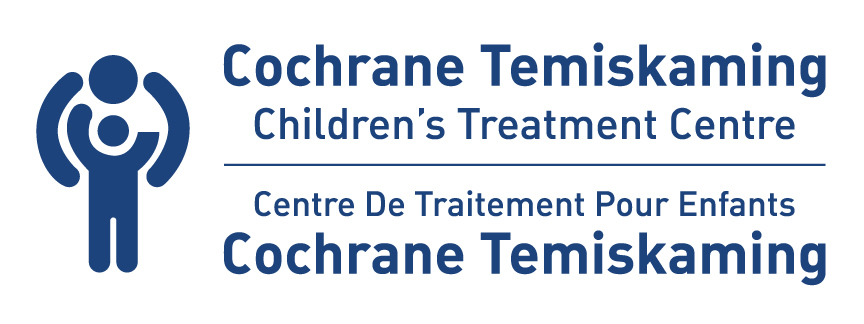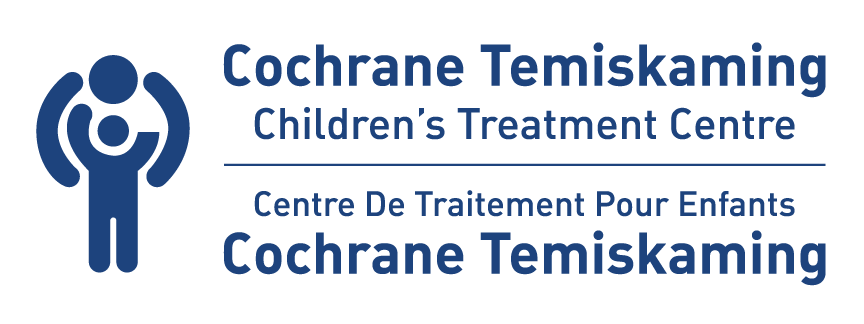News and Events
- Timmins Fitness Alternative Unforgettable Action Packed March Break Camp
- Timmins Fitness Alternatives is pleased to partner with CT CTC to offer Recreation Groups!
- Join Our Team Current Positions: Occupational Therapist, Physiotherapist, Therapy Assistant, Speech Language Pathologist, Program Manager of Speech and Language Services and Administrative Assistant





